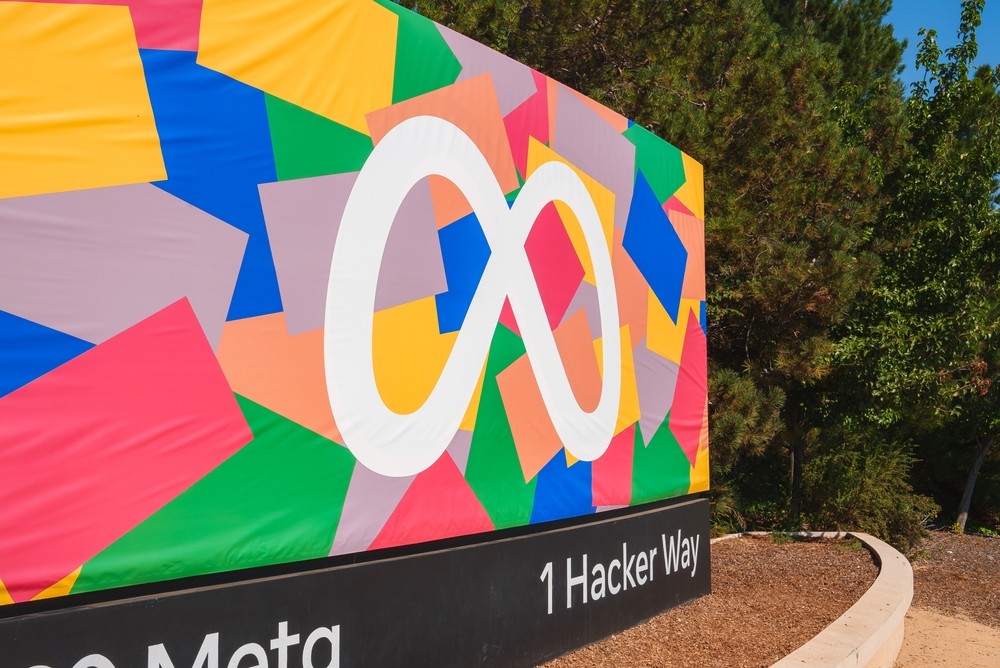Meta, led by CEO Mark Zuckerberg, plans to significantly expand its AI capabilities by constructing massive data centers across the United States. The initiative aims to develop advanced technologies that surpass human intelligence.
In a post on Threads, Mr Zuckerberg said the first of these, a multi-gigawatt data center named Prometheus which will rise in New Albany, Ohio, is slated to become operational in 2026.
Continuing its ambitious expansion, Meta is aligning significant resources towards a cluster named Hyperion, which will be developed in Louisiana. The centre promises a sprawling campus nearly the size of Manhattan. Targeted to be fully functional by 2030, Hyperion is part of a larger vision to establish several such clusters, some scaling up to five gigawatts.
Zuckerberg emphasized the strategic importance of these developments, noting that the facilities' names are apt representations of their magnitude. He declared that Meta would inject hundreds of billions in pursuit of "superintelligence."
The company, primarily known for its online advertising success, reported over $160 billion in revenue in 2024, reflecting its potent market position. Meta's stock rose by over 20% this year, bolstered by such announcements, and was recently trading 1% higher according to Reuters.
Amid growing data center installations, with over 10,000 facilities worldwide, the majority are hosted on U.S. soil, followed closely by the UK and Germany. Meta's upcoming centers are a testament to its commitment towards harnessing AI's potential.
While experts have weighed in on the strategy, noting Zuckerberg's decisive investment in advanced AI hardware, concerns over environmental implications loom. AI data centers are notorious for their enormous energy and water demands. A report projects that by 2027, global consumption could hit 1.7 trillion gallons of water annually due to these facilities. Even individual operations, like querying AI models, match the water usage of small consumer bottles.




